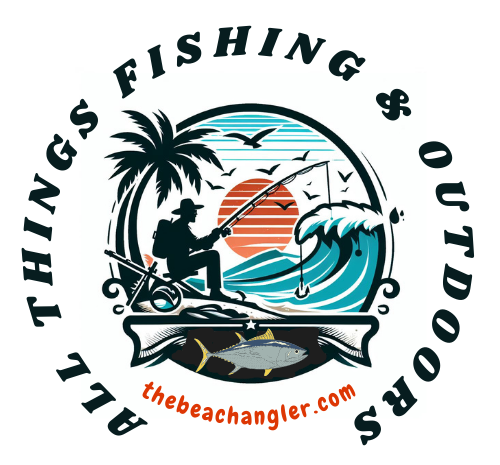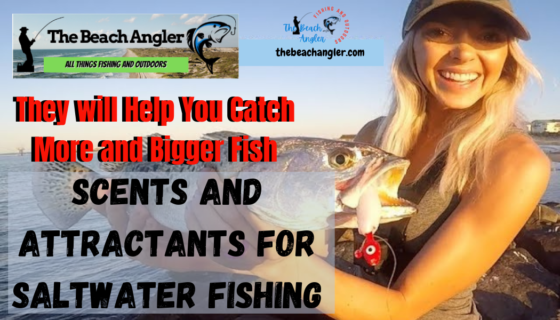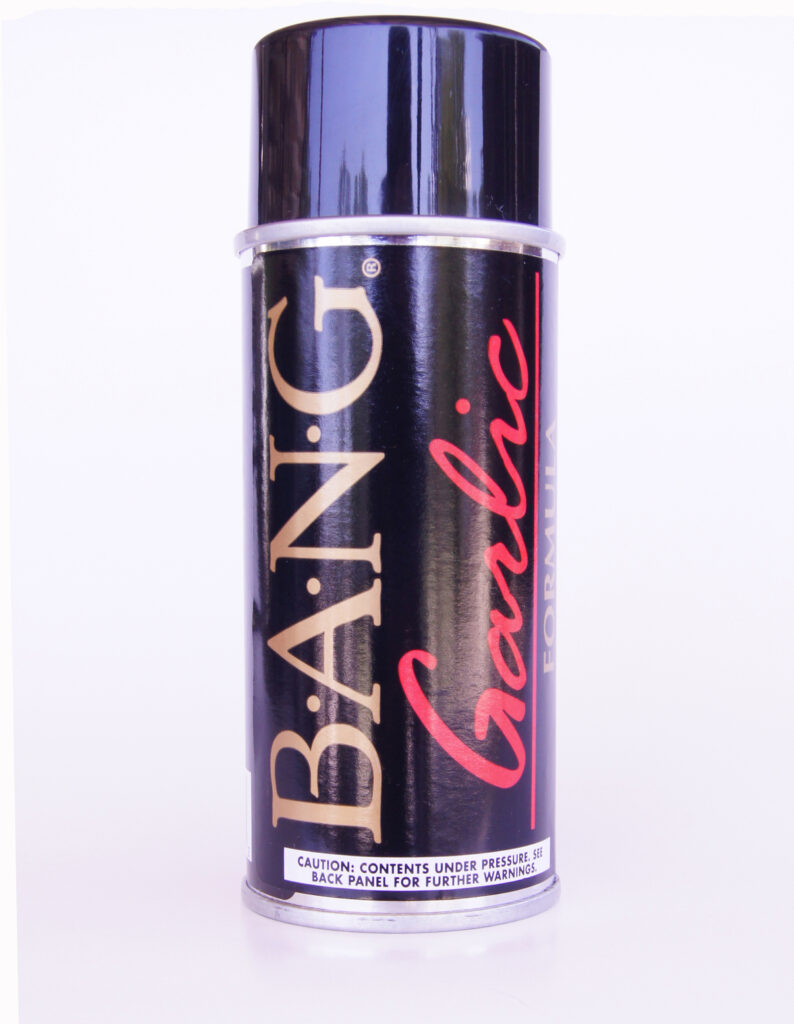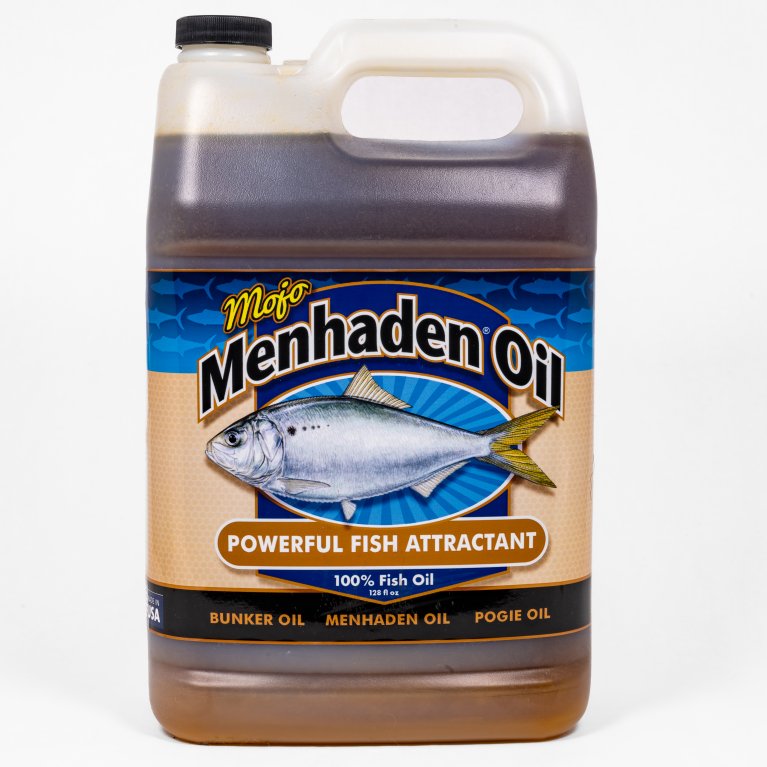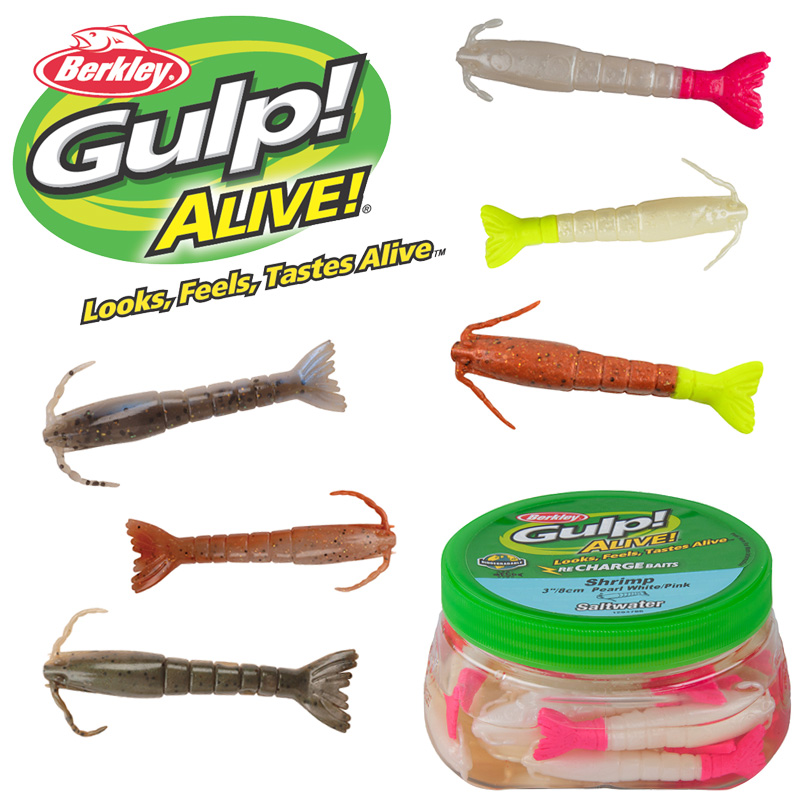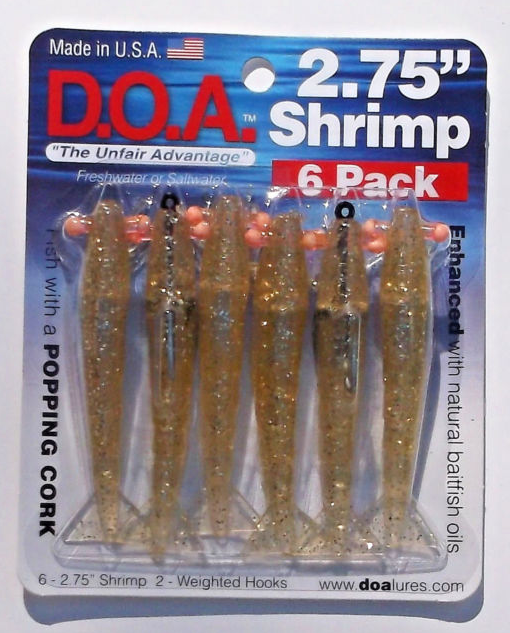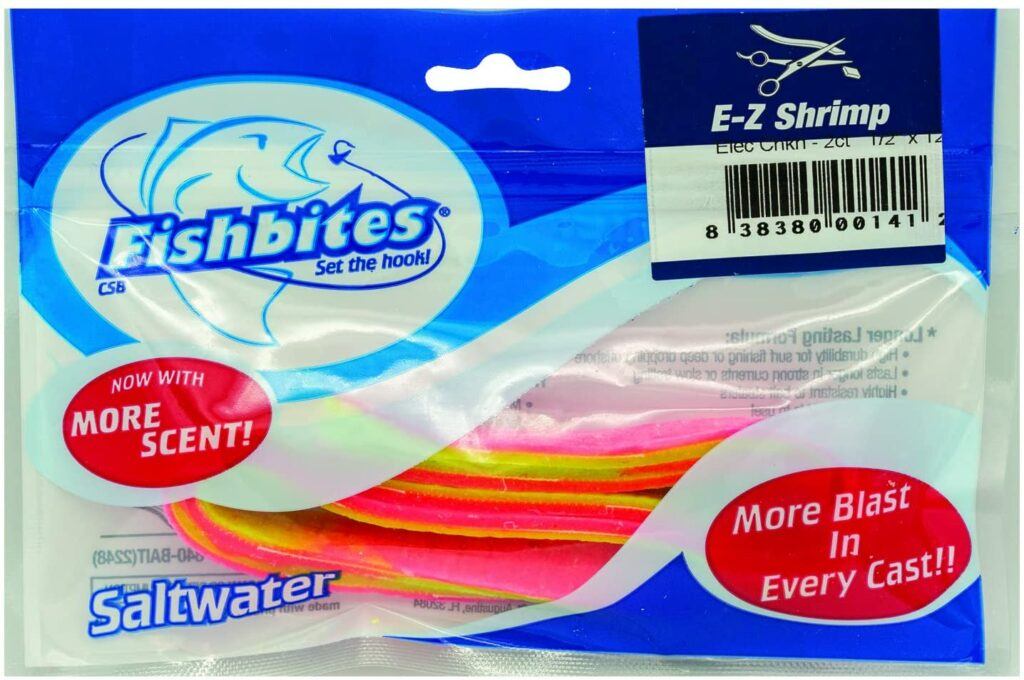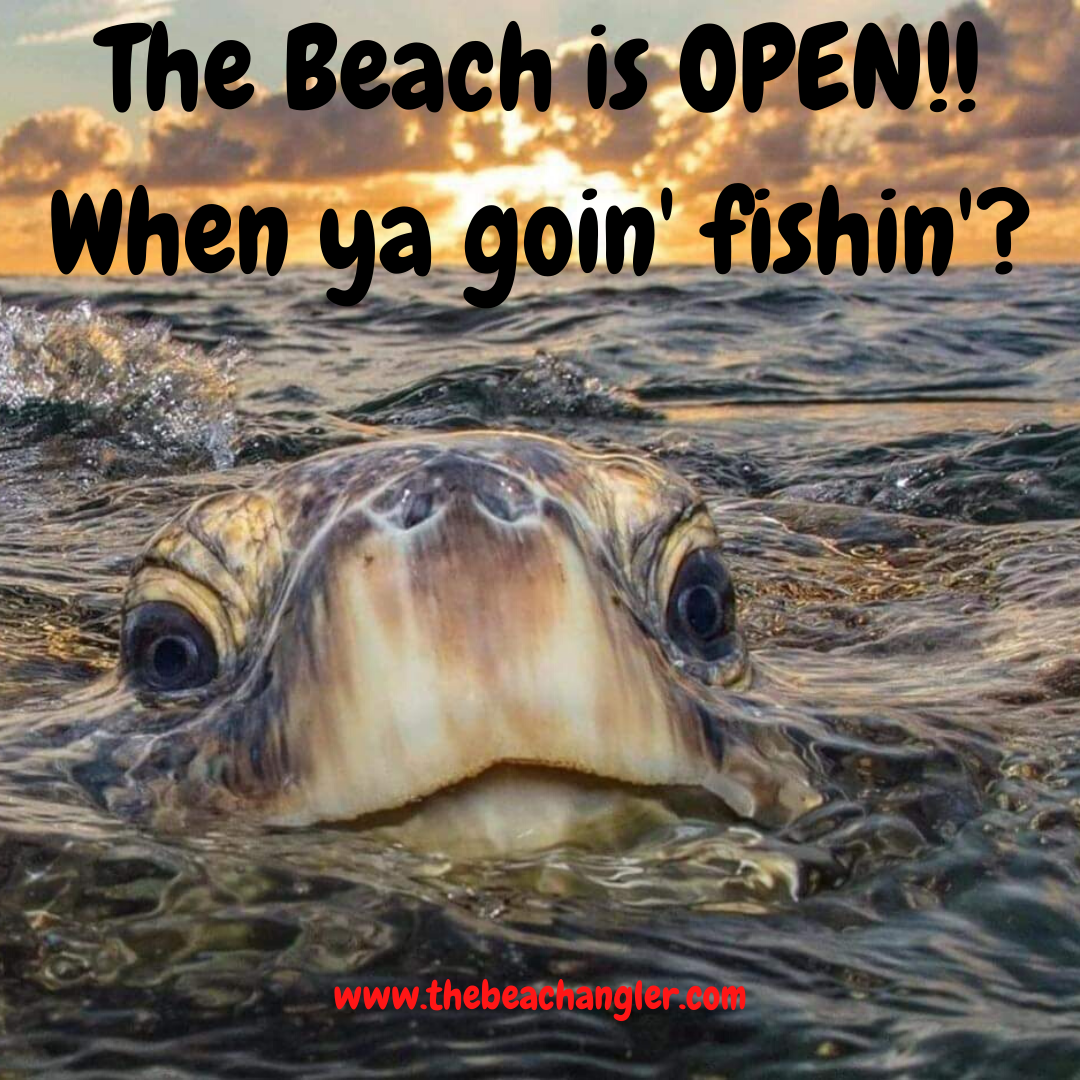Last updated on February 2nd, 2024 at 09:00 pm
Between rods, reels, lures, rigs and bait you think you finally have every thing you need to go saltwater fishing. But then, someone mentions scents and attractants for saltwater fishing. Wait what, More fishing gear? Of course, it never ends, fishing tackle manufactures are always looking for new tools, tackle and gimmicks to catch more fish, or fisherman. 😉
Now Scents and attractants for saltwater fishing are not really new. They’ve been around for many years but, there have been a lot of improvements and advancements in scents and attractant technology. Everything from fish oils, amino acids that stimulate a feeding response to baits molded with bait scents and oil already in them.
Quick Look
Scents and Attractants for saltwater fishing are available in a wide variety of types and “flavors”. From sprays to gels, oils and powders. In “flavors” ranging from various baitfish scents, shrimp, fish oils and blood to garlic and anise. There are even baits, like Berkley Gulp and fishbites, that are manufactured with the scents in the baits themselves. The bottom line is this, scents and attractants work for saltwater fishing and they will help you catch more and bigger fish.
And, even synthetic baits like fishbites, fishgum, and the berkley powerbait and gulp baits. These companies have spent a lot of money, time, research and fishing trips to develop scents and attractants that can improve your fishing and catching.
I know from experience they work. There are many to choose from so Let’s take a look at some of these scents and attractants for saltwater fishing and see which ones really work, and which ones are mostly snake oil and wishful thinking.
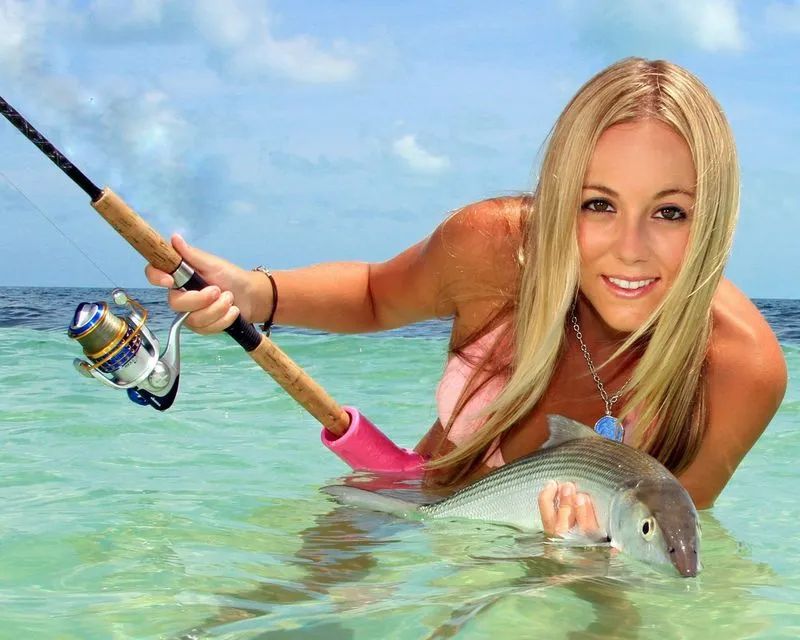
What are Scents and Attractants for Saltwater
Scents and attractants for fishing is nothing new, fishermen for centuries, have been brewing up various mixtures and potions to attract fish. But, do they actually work, and if so, how do they work? And, what scent attracts saltwater fish? To answer those questions, we need to examine how fish find their food in their natural environment.
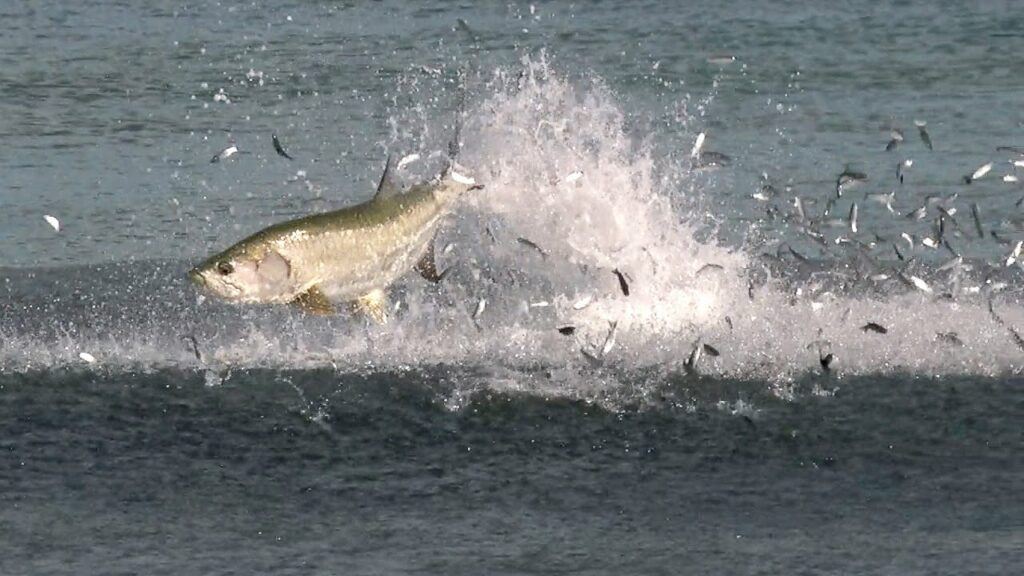
Some fish are primarily sight feeders, meaning they need to see their prey, while others can use scent, taste and vibration to locate their next meal.
Of course, some species can do all three. Scents and attractants work on the senses of taste and smell to draw fish and stimulate a feeding response.
Separating taste and odor detection in fish can be tricky. Both senses detect molecules dissolved in water and can be extremely sensitive. The minimum concentrations detected by odor and taste can vary greatly between species.
How can fish smell things?
A fish’s nose is made up of two openings (nostrils) on the head. These nostrils are called nares and are located on the snout above their mouths.
Under the skin just below the nare openings are small sacs which contain smell receptors. Water, carrying scent, moves through the sacs.
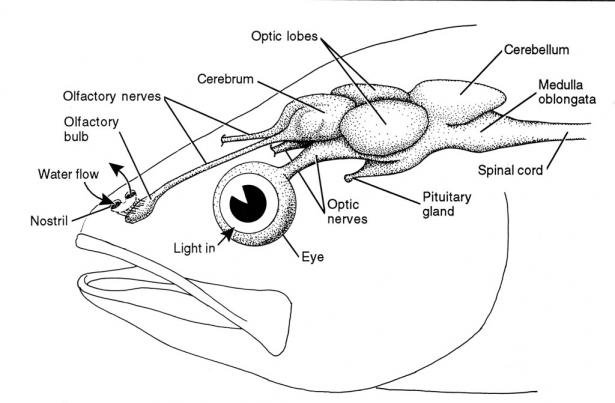
The sacs are connected to the brain by nerves, allowing the fish to smell.The sense of smell is very important to a fish, because it helps them find their food and warns them of danger. Both odor and taste can influence a fish’s feeding behavior. The odors most frequently identified as eliciting fish behavior responses have been amino acids and bile acids.
The amino acids are commonly released by a fish’s natural prey. Bile acids come from the fish after they have eaten and digested food and signal other fish that there is feeding going on. Many fish attractant products now include individual amino acids and combinations of amino acids.
The mechanism of odor detection in fish is well-known. It is also well-established that many fish species can detect odors with concentrations in the parts per billion or even parts per trillion. Many fish behaviors are influenced by odor and affect behaviors, including:
- Reproduction
- Fright reactions
- Schooling
- Migration
- Feeding
Scent is how salmon find their way back to the very same stream they were hatched in to spawn. Fish that live in murky waters have to rely heavily on scent in order to survive. You’ve heard the saying “there’s blood in the water”, because sharks can track down wounded prey by scent and vibration.
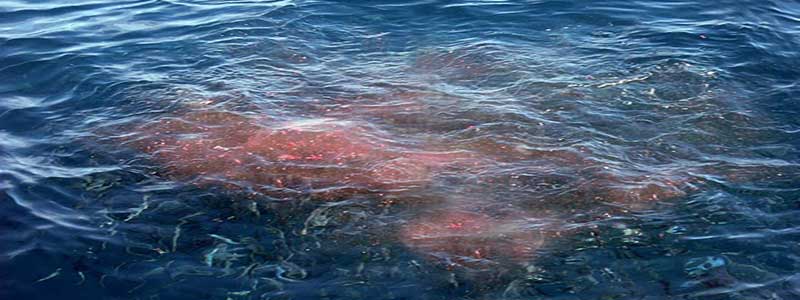
Shark and offshore saltwater fisherman have been using various chum, blood and fish oil products to attract fish within casting distance.
Freshwater fisherman have been making and using “stink baits”, blood baits, and chicken livers for catfish longer than I’ve been alive. And, that’s more than just a few years. 😉
Scent and taste are the primary ways fish find your dead baits when fishing in fresh or saltwater. Yes, sometimes they can see the bait, but long before they get close enough to see it, they smell it and taste it in the water. So, fish use their sense of smell to find food, to migrate, to escape predators and, most importantly for our discussion, to find food.
And, fisherman have been making and using all sorts of products and concoctions to attract fish for decades. Fishing tackle companies took notice and they have been experimenting and producing commercial scent and attractant products. The come in sprays, oils, gels, cures, powders and in a wide range of “flavors”.
Everything from anise fish attractant, garlic, shrimp, mullet, menhaden fish attractant oil, krill and numerous amino acid blends have been produced and sold as fish attractants and scents for baits.
From my experience, some work very well. The tackle companies are pretty tight with their research findings, but companies like Berkley with their powerbait and gulp products, and fishbites with their synthetic strip baits have many satisfied customers who swear by their product.
| For More Info on Berkley Gulp and fishbites |
|---|
| Read: Fishing with Berkley Gulp vs fishbites |
D.O.A. Lures has even gone as far as molding shrimp and baitfish extracts directly into their plastic lures and I’ve seen how well they can work in person.
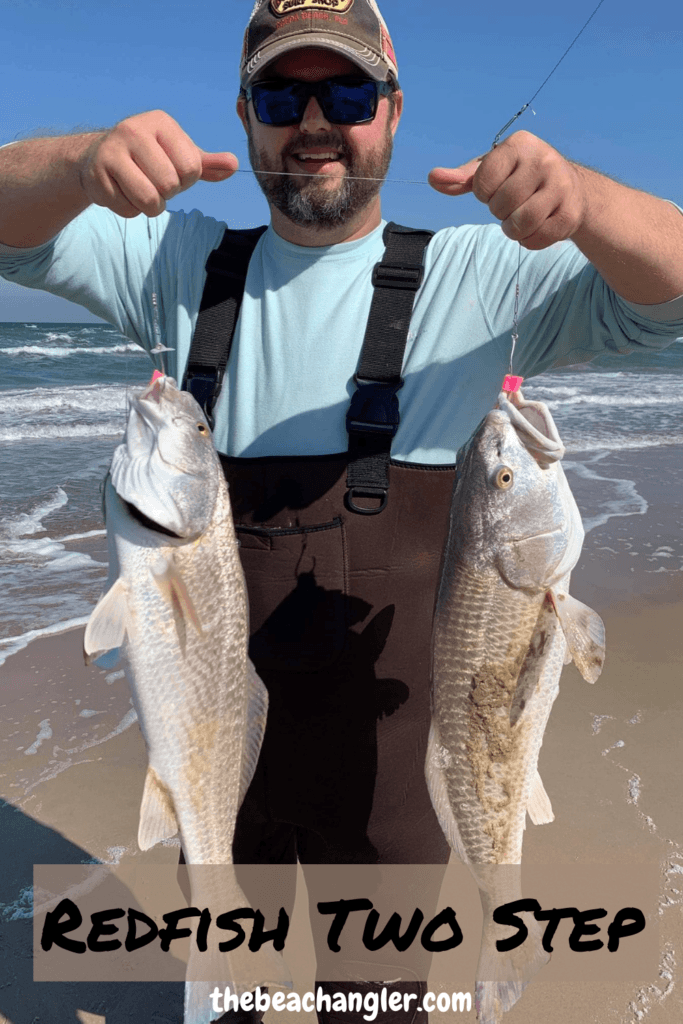
Experts generally believe that the scent which elicits the greatest response will most often contain mixtures of compounds rather than single substances, and certain scent concentrations have been shown to affect fish behavior.
Many anglers are still not convinced that fish attractants and scents work. But, many are and fish attractants continue to be a huge and growing industry. Various types include spray bottles, squeeze tubes, jars, and jellies. Categories include synthetic vs. natural ingredients or water-based formulas vs. oil-based.
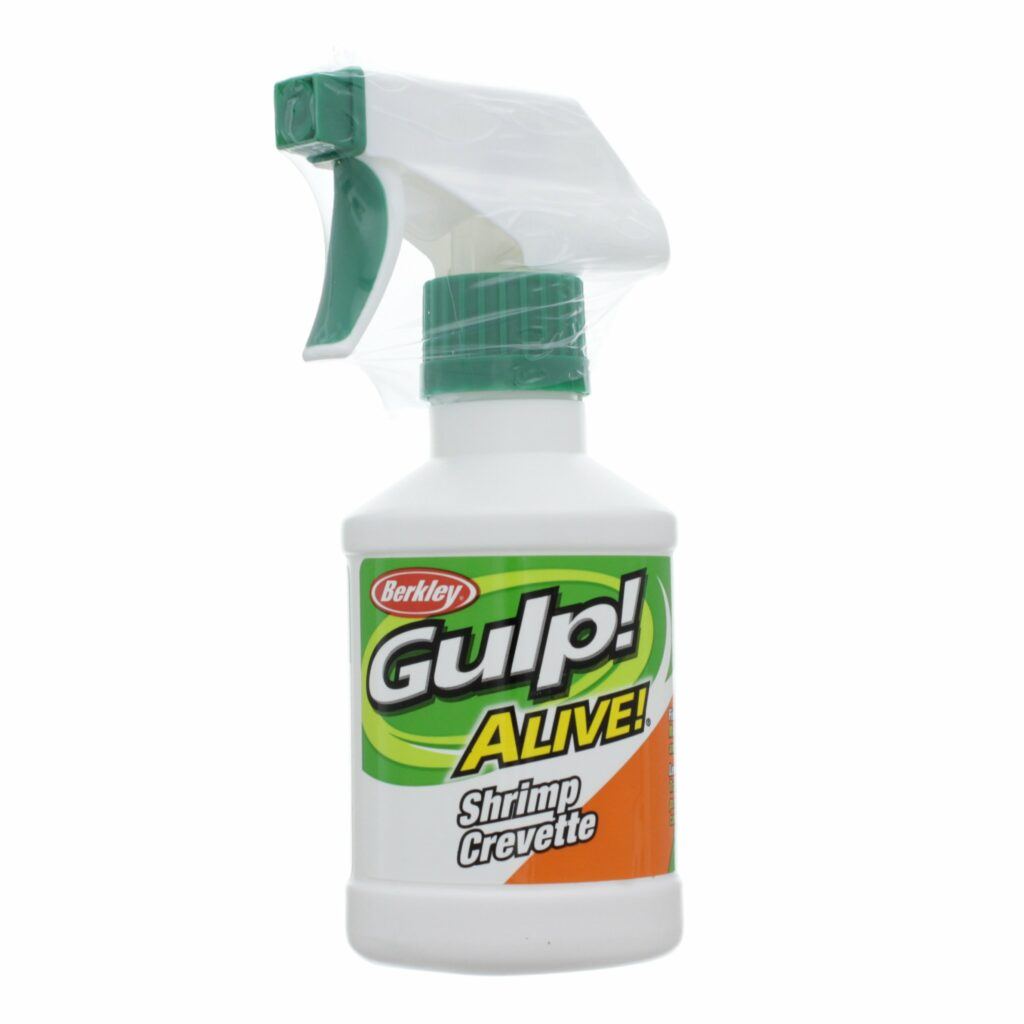
Fish attractants come in many forms, and many are especially effective for one species of fish, while other formulas offer all-around attractants, which are effective for a wide range of species. Fishing scents come in a variety of forms from liquids, sprays, gels, oils and powders. They are typically formulated to mimic the scents that attract fish and or trigger a feeding response.
Many of the products offered use man made chemicals and materials since that is much easier to produce and handle than some of the natural products. But, there are some companies that use only natural ingredients in their scents and attractants. There is a wide variety of products on the market and there are a few things you should consider when choosing a fishing scent or attractant:
What is Your Target Species?
Different species have different feeding habits and different primary food sources. Your scent selection will need to be targeted towards the specific species you are after. Blood bait may work for catfish and sharks but probably won’t be to effective for trout or tuna.
Oil and Water Don’t Mix
Another thing to consider when choosing a fish attractant is whether it’s an oil-based or water-based formula. Attracting fish by appealing to their sense of smell is nothing new. But, to reach the olfactory organs of any fish, the water must carry the smell. We all know that sharks can follow a blood trail for many miles and products like menhaden oil can draw predators for miles as well.
However, fish smell by detecting chemicals dissolved in water. Oil based scents never fully “dissolve” so they are not as effective as a scent, but they do work on a fish’s sense of taste.
Oil-based attractants form water-resistant hydrophobic molecules, which grow smaller and smaller as they disperse through the water column.
They travel farther and last longer but they don’t spread out as rapidly as water based products.
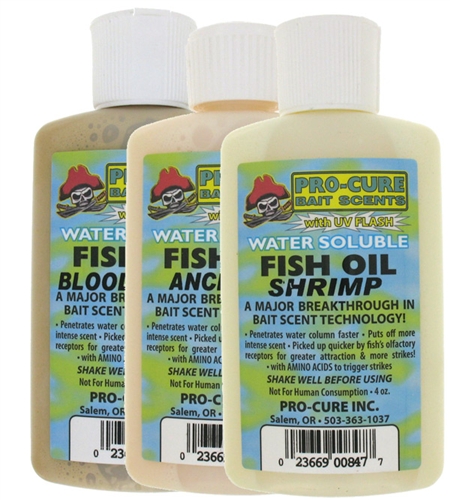
Scents and Attractants that are water-based instead disperse rapidly throughout the water column. Getting more scent for fish to find much faster. But, as a consequence, their effectiveness doesn’t last as long as oil based attractants since they disperse so quickly. You will just have to try both and see which works best for you and you’re fishing situations.
Fish Scents and Attractants to Mask Odors
Now, for the most part, scents are used as attractants or to stimulate a feeding response. But, another potentially useful feature of scents may be to mask negative odors. Things like bug spray, gasoline, sunscreen, tobacco or even our own human scent can cause fish to shy away from your bait.
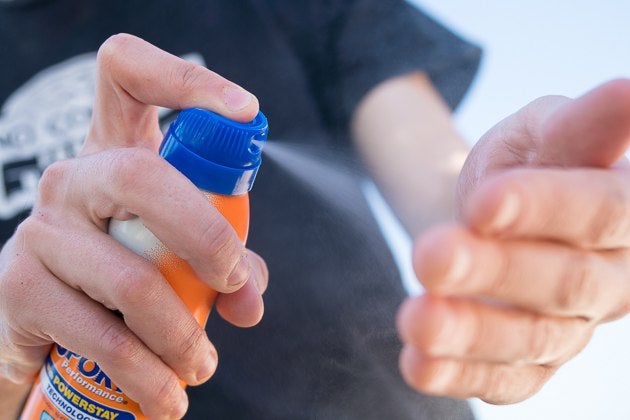
Applying scents to a lure will mask or eliminate the “off” odors and human scent. Think of it as being a cover scent instead of an attractant.
Salmon can smell human scent and the chemicals we give off and when they smell an “off” odor upstream from them, they will stop moving until the scent passes and is no longer detected.
Using scents and attractants to mask the unnatural odors that our fishing gear has come in contact with can be another important side benefit. So, cover scent or attractant, they can be an important addition to you’re fishing tackle. You will need to do some experimentation on your own and see if the addition of scents help you catch more fish.
Scents and Attractants for Lures and Bait?
That brings up the question: “Does scent work on lures”? From my own experience and that of many other anglers over the past few decades, it’s obvious that they do work. They can stimulate fish to feed when they are inactive, can attract fish from long distances and cover up any off-putting odors that may have contaminated your lures.
OK then, what scent attracts saltwater fish? Again, that will depend on your target species, but generally scents like shrimp, mullet, menhaden, krill and other common prey will work great on your saltwater lures. Other scents that have show to have a positive effect in saltwater are anise, and garlic. These may be more effective as masking scents than attracting scents.
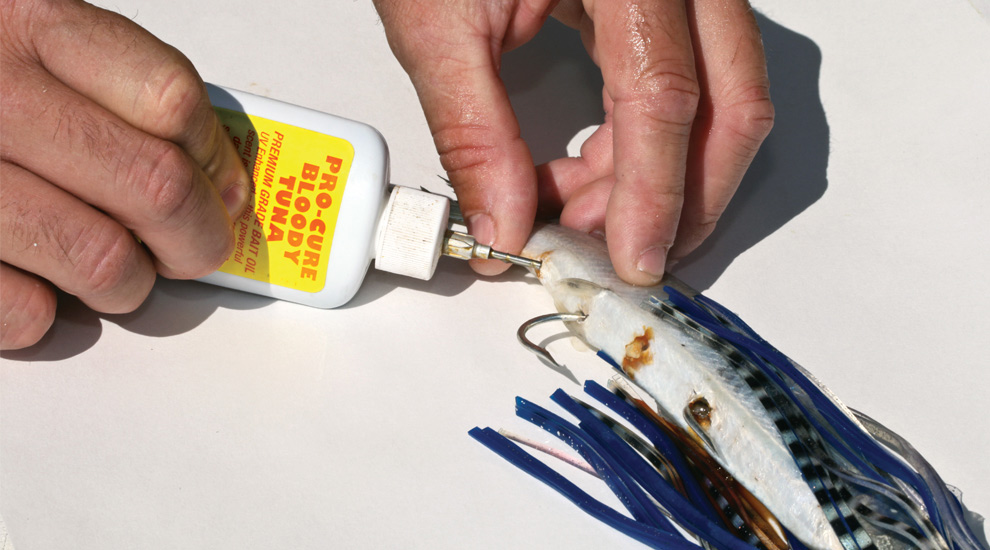
Cover Scent Attractant – or Both?
What is anise and why does it work as a saltwater fishing scent? anise is an oil based flavor that gives licorice its unique taste. Personally I’m not a big fan of licorice and I don’t understand why fish seem to like it. It doesn’t occur naturally in saltwater but people have used anise oil as a fish attractant for hundreds of years.
It is used in combination with other natural ingredients in many scent and attractant products. And, some fishermen add it to their own homemade fish attractants and chums. It definitely seems to work, how and why still remains a mystery. But one possibility is it masks any negative odors making it more of a masking scent than an attractant.
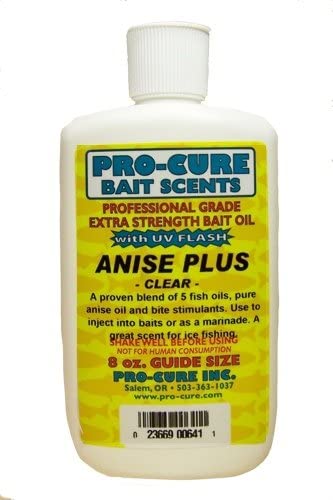
That brings up the subject of garlic and does garlic scent attract saltwater fish? The short answer is yes, fish like garlic, but there is more to it than that. Studies show that some fish have a very powerful sense of smell. It is known that a fish’s ability to smell is 1,000 times better than a dog’s.
Fishermen have been using garlic for their bait for decades because it has a very strong smell. When garlic cells are ruptured by being cut, pressed, or crushed, they release allicin, a sulfur-containing molecule, resulting in that pungent garlic smell which may mimic some of the scents given off by baitfish or other prey species.
Garlic scent seems to have a stimulant effect on saltwater fish. Inactive fish are enticed to begin feeding when exposed to garlic scent. Many of your saltwater scent and attractant products will have garlic or allicin added to their formula.
What about WD-40? Does WD-40 work as a fish attractant? I’ve heard it before and seen people use it. It stems from the idea that one of the main ingredients in WD-40 is fish oil which theoretically should be a fish attractant. Even the New York Times reported in the late ’80s that WD-40 might serve as a fish attractant.
Now, the WD-40 company itself denies it, there official statement is: “WD-40 Company does not recommend using it to attract fish.” It is a great product for protecting your equipment from rust and corrosion, but not a fish attractant. In fact, in some locations, it could be considered an illegal fish attractant. This one is more of an old fisherman’s tale to see if the new guy will actually try it. 🙂

The Best Saltwater Fish Attractant and Scent
So, what are the best scents and attractants for saltwater fishing? That depend, of course, on what you will be fishing for, where you will be fishing and what type of bait you will be using. For large predators like sharks, the fish oils and fish blood products work well.
Baitfish oils and shrimp extracts work great for both inshore and offshore species and can be found in sprays, gels and powders from a variety of manufacturers.
Most commercial products will have a mixture of some or all of these as well as salts, amino acids, anise and garlic.
I was introduced to bait cures just a few years ago. Now for those of us who don’t know what a bait cure is, it is a product that you apply to your natural baits to preserve and enhance it.
Folks who fish for salmon have been using various products to cure salmon roe for years.
Bait cures are typically powder that has a mixture of salts amino acids and sometimes natural colors to 1. Preserve you bait making it stay on the hook longer and 2. Add extra fish attractants and stimulants to increase your catch rate.
A fishing buddy of mine, Kevin Stonebarger, introduced me to bait cure and using it on my cut mullet when fishing the surf.
| For Info on Best Baits for Saltwater |
|---|
| Read: Two Best Baits for Fishing the Beach |
And, fishing side by side, there was no doubt the baits with the cure out fished the baits without by at least a factor of 3 to 1. Not only that, but those previously frozen mullet that turned soft when thawed, were now much firmer and tougher so they stayed on the hook longer.
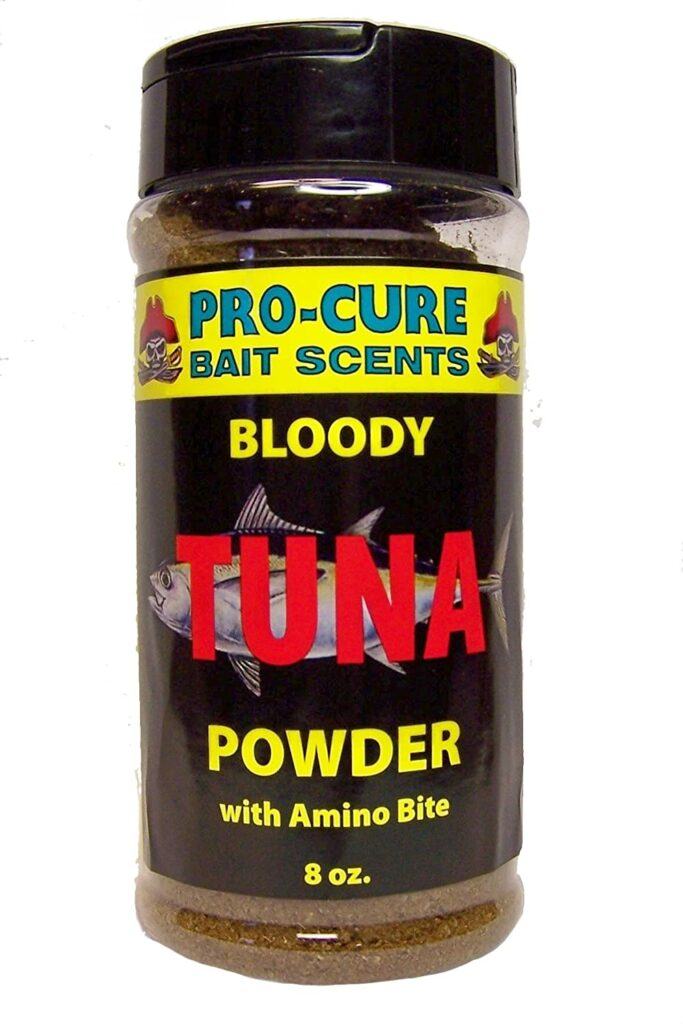
Pro-Cure out of Salem, Oregon USA, has been a leader in the bait cure industry and they have cures with shrimp, menhaden and one called bloody tuna that works great for surf fishing.
The folks at pro-cure have also taken their knowledge and experience with bait cures, and now have expanded into scents and attractants. Many of them are specifically designed for saltwater species. The come primarily in gels, but some are available as sprays or powders. Scents like shrimp, mullet, menhaden, and krill along with a host of others gives you a wide variety to choose from depending on your target species and their preferred food source.
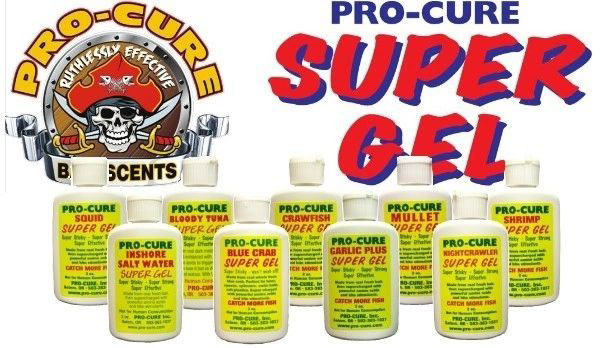
Pre Scented Baits for Saltwater Fishing
Now you may have noticed, but there are some companies that are making lures and synthetic baits with scents already applied or manufactured into the lure material itself. Again, from firsthand experience, I can tell you that these products absolutely do work. I’ve seen cases where they actually out fished live bait.
Berkley with its line of powerbaits and gulp products is one of the best know and most effective. Berkley gulp come in a package or bucket full of fish attractant solution. The exact ingredients of which are only known to Berkley. What ever it is, it works amazingly well. It draws fish from long distances and triggers them to feed. They are a proven bait in saltwater.
D.O.A. Lures has taken a slightly different approach and actually manufactures their soft plastic lures with natural baitfish and or shrimp extracts in the lure material itself. Of course this will leach out into the water, and over time, the lure will eventually lose the scent and attractant. But, while it is new and fresh, these lures will out fish other “non scented” plastic baits.
And, out fish live bait in those situations where a lot of non target (bait stealers) fish keep running off with your high priced live baits. The plastic version has the scent and taste of the real thing but the bait stealer can’t get it which keeps your bait in the water longer for your target species to find it. No kidding, you can catch more and bigger fish with a D.O.A. Shrimp than live shrimp in these situations.
Last but not least is fishbites, the synthetic strip bait designed specifically for saltwater fishing. Fishbites comes in a variety of colors and “flavors” from shrimp, crab, blood worm to sand flea. I always have a couple of packs of fishbites with me whenever I go saltwater fishing. And, I have caught everything from whiting, black drum, redfish, and even small sharks with it.
Like the D.O.A. lures, fishbites is synthetic bait infused with fish attracting scents and flavors that is applied to a mesh material.
The scents and flavors slowly dissolve in the water drawing fish to your baits.
It also is very hard for the bait stealer to get off the hook so you don’t have to re bait as often. Best of all, it just flat catches fish.
Pros and Cons of Scents and Attractants
Like anything else, fish attractants and fishing scents have their pros and cons of use. The following table is a list of what are, in my opinion, the pros and cons of scents and attractants for saltwater fishing. If you have some others that I missed, please leave them in the comment section below. We can always learn from each other and I appreciate the feed back.
| Pros of Scents and Attractants |
|---|
| They attract fish from long distances |
| Can stimulate inactive fish to begin feeding |
| Fish hold onto baits longer for better hook sets |
| Help you catch more and bigger fish |
| Effective with both lures and natural baits |
| Cons of Scents and Attractants |
|---|
| Can be messy to apply and handle |
| Just one more thing to pack and carry |
| They are not cheap |
| Must be reapplied several times during the day |
Scents and Attractants for Saltwater Fishing Work
There is a wide range of available scents, attractants, bait cures and synthetic baits to choose from. From my personal experience, they work. They can be the difference between catching fish and going home empty-handed. If you don’t want to mess with sprays and gels and oils, the Berkley powerbait and gulp lures are a good option.
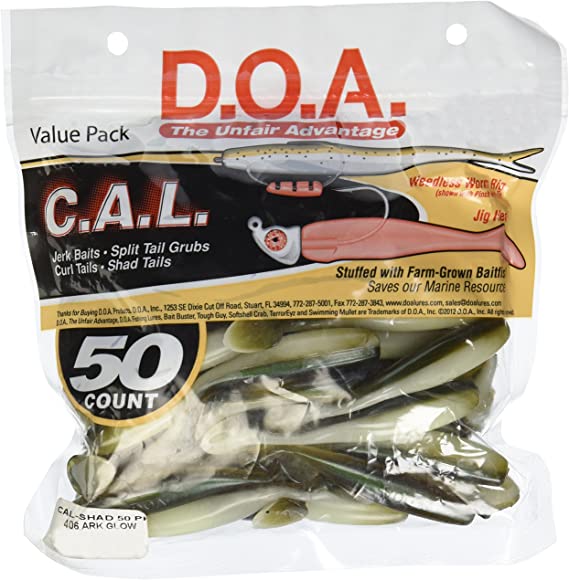
The D.O.A. shrimp imitation with shrimp extracts molded into the lure work great and the bait stealers can’t get em.
Of course, we’ve been using the fishbites synthetic strip baits for years and have caught a ton of fish with them.
The folks at pro-cure with their oils, gels, and bait cures can fix you up whatever you fish for in saltwater.
Even if you are using natural cut baits, the pro-cure bait cures will and extra scent and amino acid stimulants while at the same time the cure will toughen the bait so it stays on the hook longer.
Grab you some scent and when the bite is tough, try it out and see if the fish will turn on and start biting. I think you’ll be surprised at how well they can work.
As always, stay safe, enjoy the journey and please try to leave it cleaner than you found it. If you have any comments, questions, ideas or suggestions please leave them in the comment section below and I’ll get back to you asap. You can follow us on Facebook: Rex The Beach Angler, Instagram: thebeachangler7, Twitter: @AnglerBeach, and YouTube: Man Art Creations.
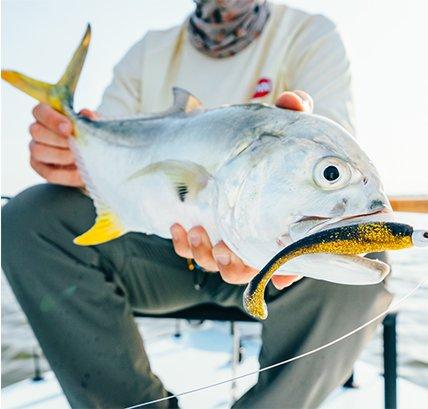
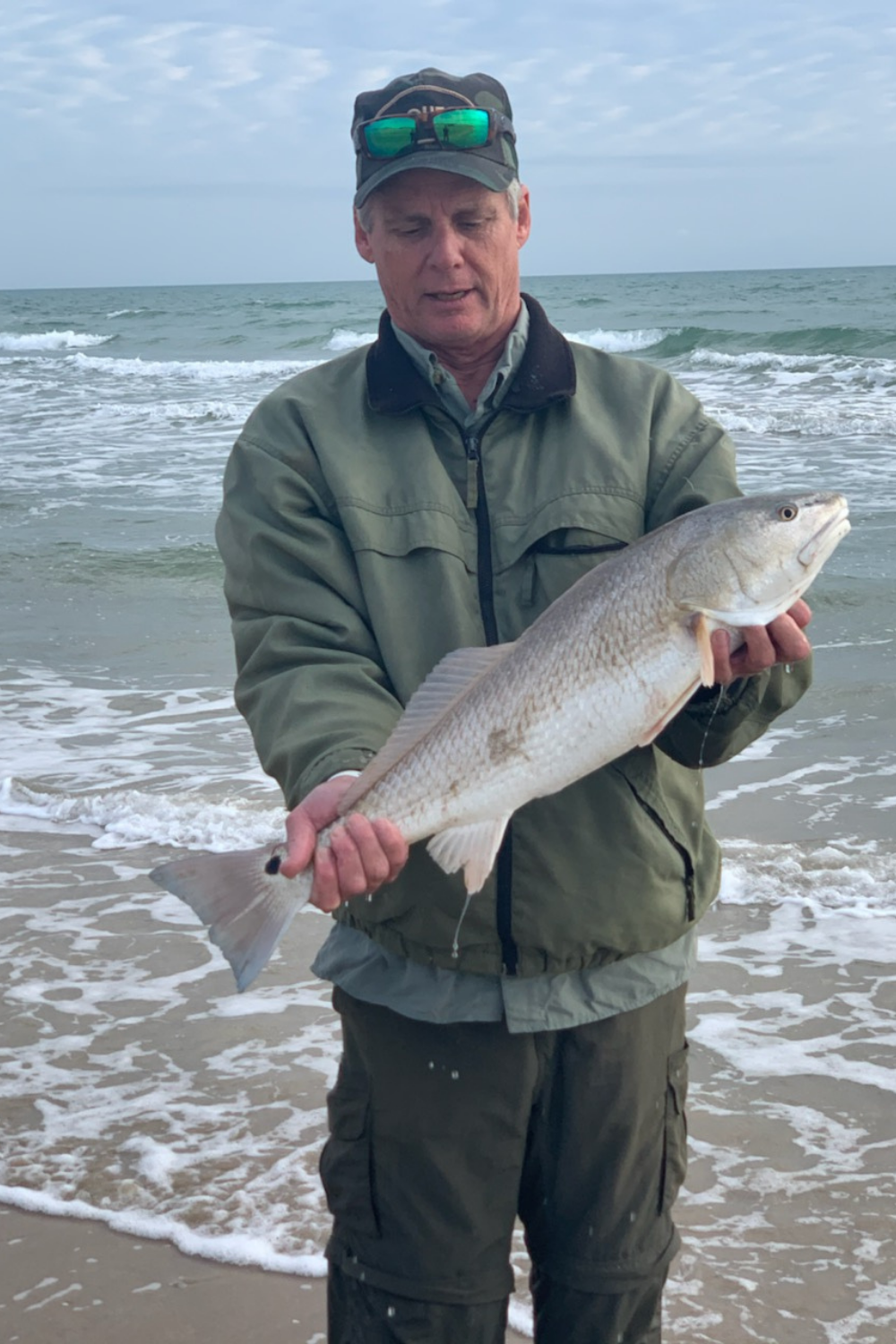
A life long surf fisherman with 50+ years of experience, I am also an avid hunter and outdoorsman. I will be sharing my passion for the outdoors with you so be prepared for hunting, fishing, camping, hiking and more. Along with gear reviews and the latest trends and innovations in the outdoor industry.
